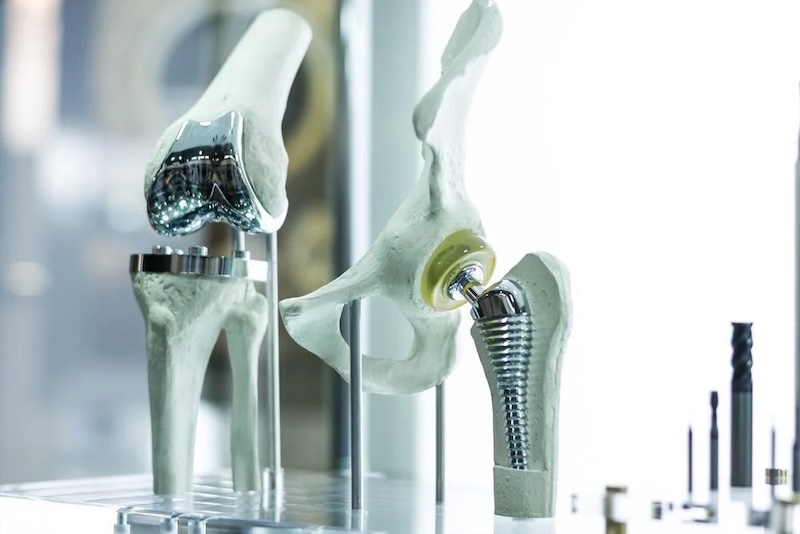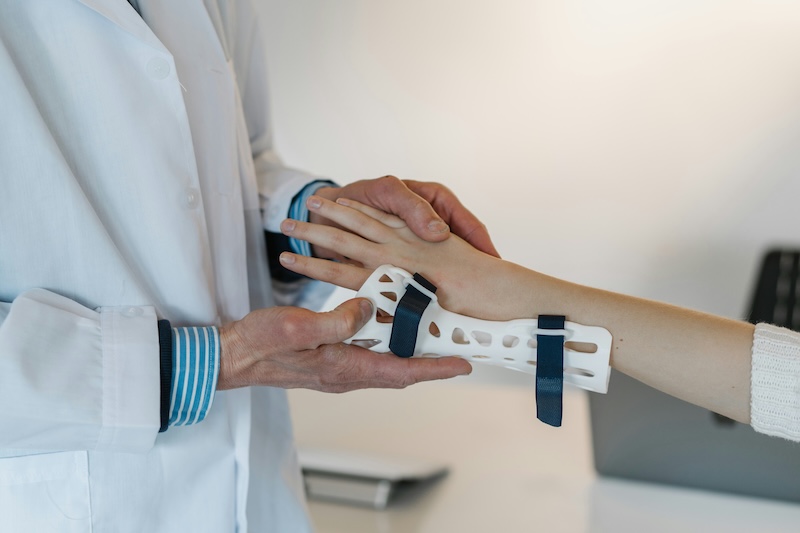Introduction: Titanium powder is a breakthrough material for personalized medical solutions.
Titanium powder has revolutionized the field of regenerative medicine, especially in creating personalized scaffolds for tissue regeneration. Thanks to its unique properties, it allows engineers and clinicians to design scaffolds that perfectly match a patient’s specific needs, promoting faster healing and better outcomes. But what makes titanium powder the ideal choice for such applications?
Titanium powder enables the creation of highly customized, biocompatible scaffolds that support tissue growth and integrate seamlessly with the body, driving innovation in personalized medicine.
Let’s explore why titanium powder is particularly suited for personalized scaffolds and how it enhances the effectiveness of regenerative treatments.

1. How Does Titanium Powder’s Biocompatibility Improve Scaffold Integration?
One of the key reasons titanium powder is ideal for scaffolds is its exceptional biocompatibility. When used in 3D printing, titanium powder ensures that scaffolds are well-tolerated by the body, reducing the risk of immune rejection.
• Promoting Cell Growth: Titanium’s ability to interact favorably with cells allows for tissue growth directly on the scaffold. This is crucial for developing functional tissues such as bone, cartilage, and skin. Clinicians and engineers can design scaffolds that mimic natural tissue structures, allowing cells to grow and regenerate effectively.
Learn more about biocompatibility of titanium
• Long-Term Integration: Over time, titanium scaffolds integrate into the body, aiding in tissue formation while maintaining strength and stability. Unlike other materials, titanium does not corrode, making it ideal for long-term use in the body.
The biocompatibility of titanium powder ensures that scaffolds are well-received by the body, promoting efficient tissue healing.
2. How Does Titanium Powder’s Porosity Support Personalized Tissue Engineering?
Titanium powder enables the creation of scaffolds with controlled porosity, a crucial feature in tissue engineering. The size and distribution of pores determine how well the scaffold supports cell migration, nutrient flow, and vascularization.
• Customizable Porosity: By adjusting the parameters during 3D printing, engineers can control the porosity of titanium scaffolds to match the needs of specific tissues. For example, bone scaffolds require larger pores to allow blood vessels to grow, while skin scaffolds might need smaller pores for cellular attachment.
Read more about scaffold porosity
• Promoting Blood Vessel Formation: Titanium scaffolds with appropriate porosity allow for better blood vessel ingrowth, which is essential for tissue survival and function. This feature is particularly important in the regeneration of complex tissues like bone or cartilage.
The ability to fine-tune porosity with titanium powder ensures that scaffolds are optimized for various tissue types and regenerative needs.
3. How Does Titanium Powder’s Strength Benefit Scaffold Durability?
Titanium powder is known for its impressive strength-to-weight ratio, making it a highly durable material for scaffolds. This property is essential for scaffolds that must withstand mechanical forces while still being lightweight enough to support delicate tissue growth.
• Load-Bearing Capabilities: Titanium scaffolds can support significant mechanical stress without failing, which is particularly beneficial for bone regeneration. These scaffolds need to withstand the forces exerted by the body while the tissue is growing and strengthening.
Understand the strength of titanium in medical applications
• Long-Lasting Durability: Titanium’s resistance to corrosion means scaffolds maintain their integrity over time, even in harsh biological environments. This ensures that the scaffold continues to support the patient’s tissue until the natural tissue is fully regenerated.
Titanium powder’s strength ensures scaffolds remain durable and stable, providing long-term support for tissue regeneration.
4. How Does Titanium Powder Facilitate Customization for Personalized Medicine?
Titanium powder is highly customizable, making it an ideal material for personalized scaffolds. By using 3D printing or other additive manufacturing techniques, engineers can create scaffolds that fit the unique anatomical features of each patient.
• Precision Engineering: Clinicians provide detailed patient data, such as CT or MRI scans, to create a highly customized scaffold design. Engineers can then manufacture the scaffold layer by layer using titanium powder, ensuring an exact match to the patient’s needs.
Explore how 3D printing is used in medical applications
• Patient-Specific Designs: Titanium powder allows for the creation of scaffolds that fit seamlessly into a patient’s body, ensuring optimal functionality and faster recovery. Whether it’s a joint replacement or a bone repair scaffold, titanium powder can be tailored for each individual.
The customization potential of titanium powder enables the creation of patient-specific scaffolds, ensuring better fit and function.

5. How Does Titanium Powder’s Biodegradability Aid in Long-Term Healing?
While titanium powder is not biodegradable in the traditional sense, it supports biodegradable composite scaffolds in regenerative medicine. These scaffolds are designed to gradually degrade as the natural tissue forms, reducing the need for surgical removal.
• Degradable Composite Materials: In certain applications, titanium powder is combined with biodegradable materials, such as polymers, to create scaffolds that break down over time as the body regenerates new tissue.
Learn about biodegradable materials in tissue engineering
• Support During Healing: As the natural tissue grows, the titanium scaffold provides support until the body can regenerate enough tissue to maintain function. This allows for a less invasive healing process with minimal follow-up procedures.
Titanium powder supports the development of biodegradable scaffolds that facilitate natural tissue healing and regeneration.
Conclusion: Titanium Powder as a Foundation for Personalized Regenerative Medicine
From my perspective, titanium powder is truly a game-changer for personalized medicine. Its biocompatibility, strength, porosity, and customizability make it the ideal material for scaffolds in tissue engineering. By enabling the creation of patient-specific scaffolds, titanium powder supports faster healing, improved outcomes, and less invasive treatments. As regenerative medicine continues to advance, titanium powder will play a critical role in shaping the future of personalized healthcare.







One Response